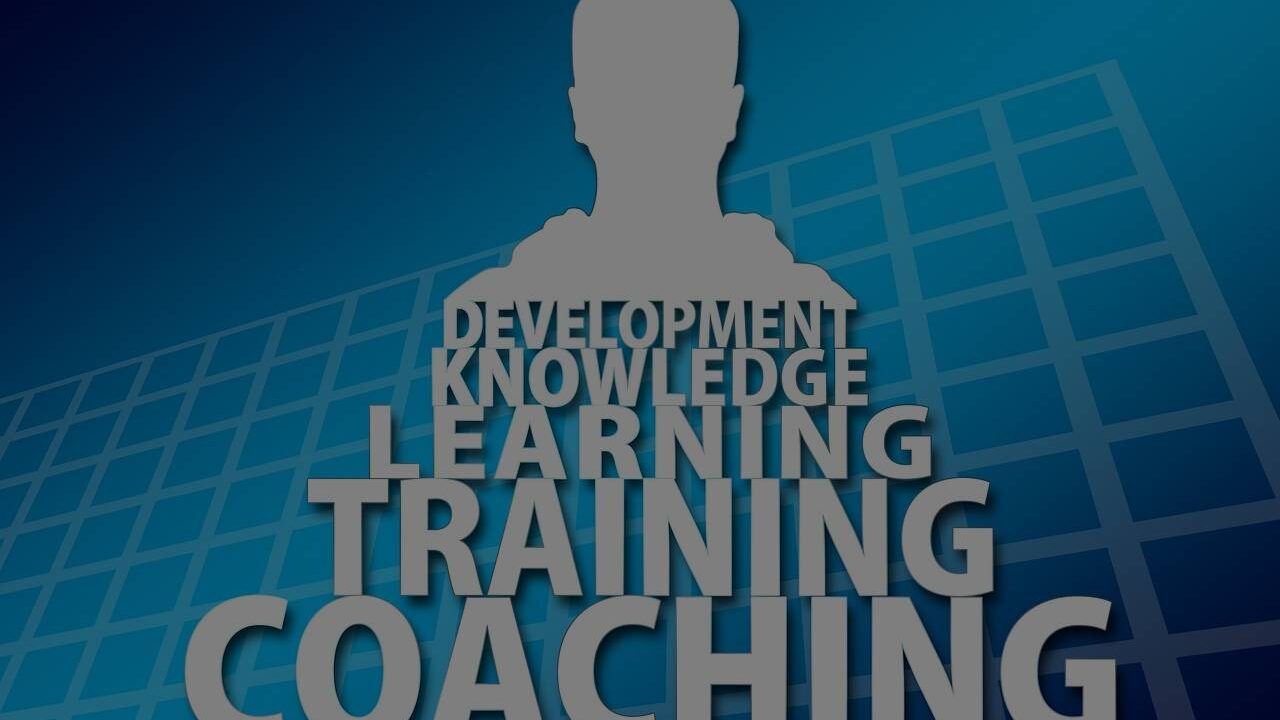
As educators, we often hear about the importance of communication skills in teaching. But why exactly are effective communication skills essential for educators? Let’s dive into this topic and explore the power of communication in the classroom.
First and foremost, communication is the foundation of all human interactions. Whether it’s verbal or nonverbal, communication plays a crucial role in conveying information, building relationships, and fostering a positive learning environment. As educators, our ability to effectively communicate with our students can make a huge difference in their academic success and overall well-being.
Imagine trying to teach a complex concept without being able to clearly explain it to your students. Or worse, imagine trying to resolve a conflict with a colleague without being able to effectively communicate your perspective. It’s safe to say that without strong communication skills, the teaching profession would be a challenging uphill battle.
One key aspect of effective communication in teaching is active listening. This means not only hearing what your students are saying but truly understanding their thoughts, feelings, and perspectives. By actively listening to your students, you can create a supportive and respectful learning environment where everyone feels heard and valued.
In addition to active listening, clear and concise language is essential for getting your message across effectively. As educators, we often have to explain complex concepts in simple terms that our students can understand. This requires us to be intentional with our language choices and to avoid using unnecessary jargon or technical terms that may confuse our students.
Moreover, communication skills are not just limited to verbal interactions. Nonverbal communication, such as body language and facial expressions, also plays a significant role in conveying our message to others. By being aware of our nonverbal cues and using them to our advantage, we can enhance our communication skills and connect with our students on a deeper level.
So, how can we improve our communication skills as educators? One way is to practice active listening and empathy in our daily interactions with students, colleagues, and parents. By truly listening to others and trying to see things from their perspective, we can build stronger relationships and create a more inclusive learning environment.
Another way to enhance our communication skills is to seek feedback from others and be open to constructive criticism. By soliciting feedback from students, colleagues, and mentors, we can identify areas for improvement and work on developing our communication skills further.
In conclusion, effective communication skills are essential for educators because they form the foundation of all human interactions. By actively listening, using clear and concise language, and being aware of our nonverbal cues, we can enhance our communication skills and create a positive and inclusive learning environment for our students.
So, next time you step into the classroom, remember the power of communication in teaching and strive to be the best communicator you can be. Your students will thank you for it!
And remember, for more insightful blogs on education and teaching, be sure to check out vanturas.com. Happy teaching!












